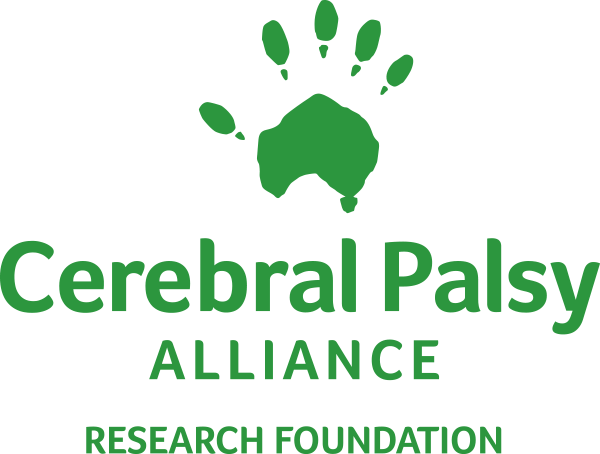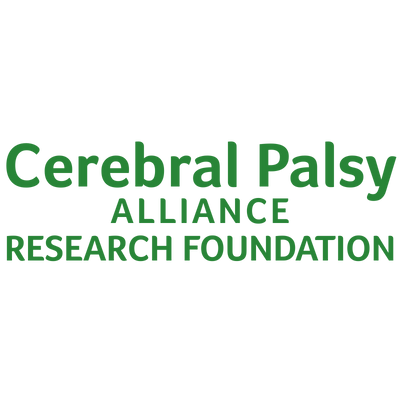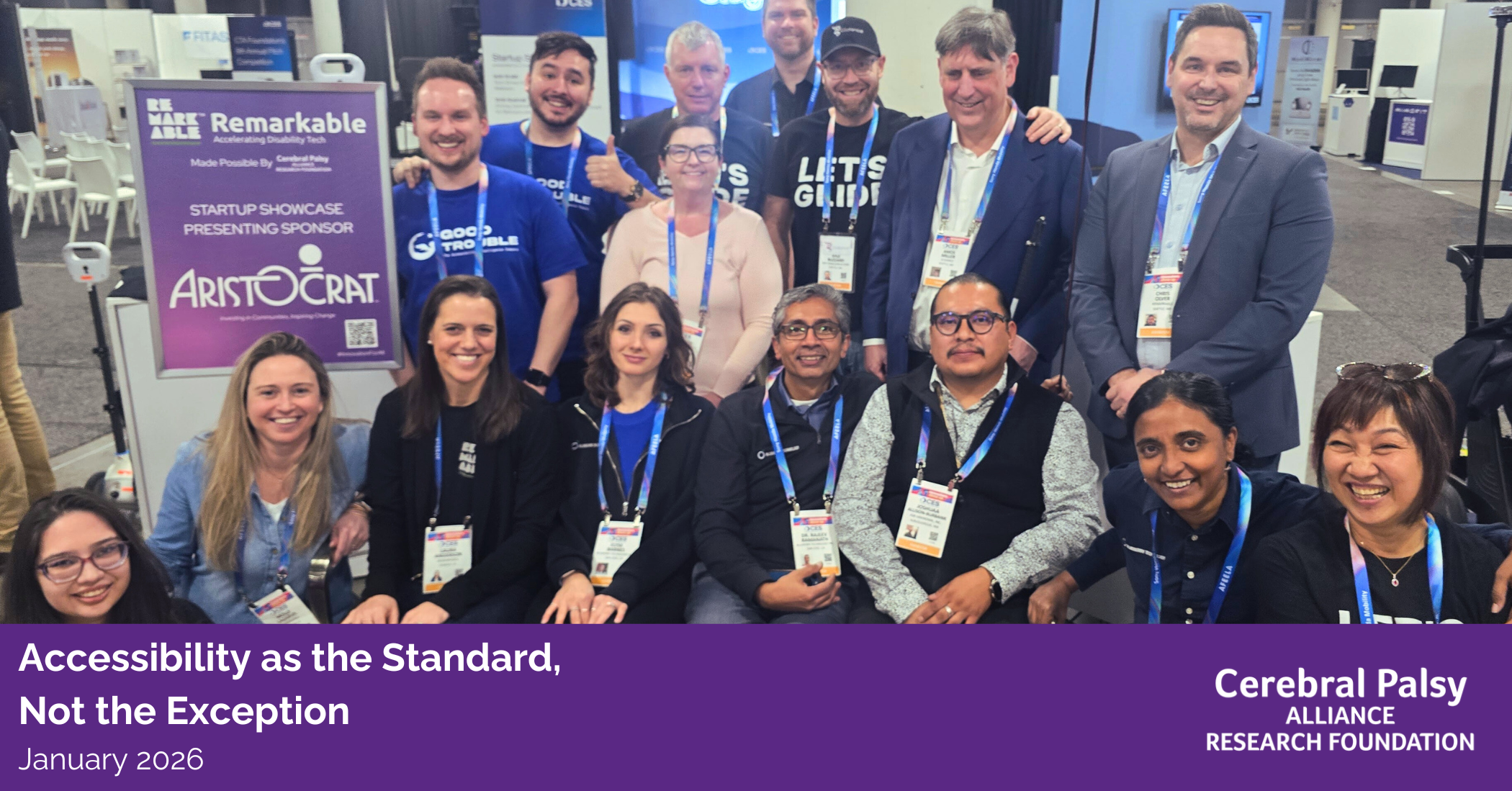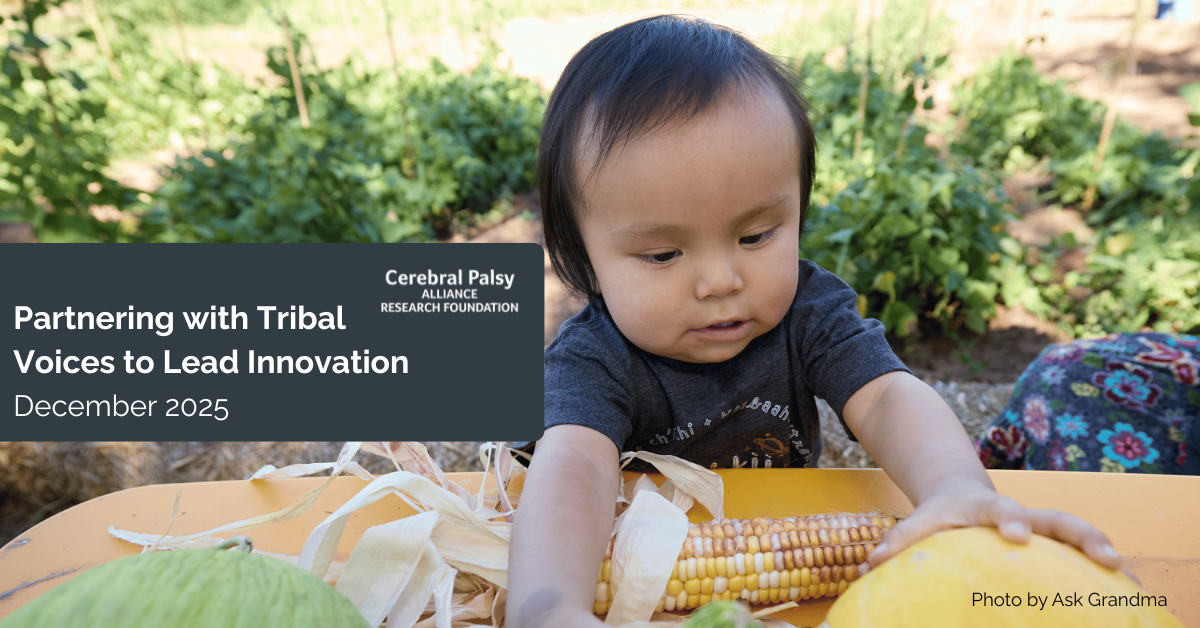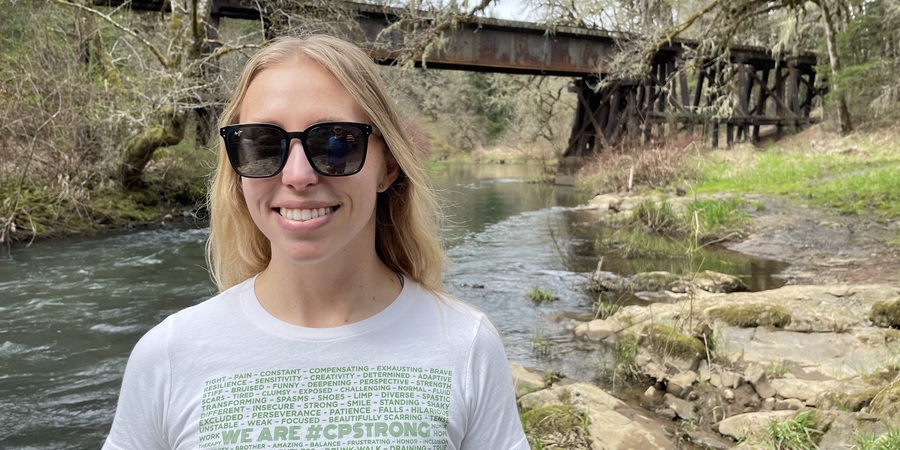
Collective Storytelling as Community Activism
By Katy Fetters Gaastra
Like most of us, I’ve spent much of the past year thinking and reflecting about life. While I worked long hours from my tiny apartment—insulated from everything that was going on—I overthought, I worried, I grieved. I grieved the loss of life and livelihood and the loss of access to healthcare for so many; the loss of normalcy and ease; the loss of time spent with family and friends. I’m still grieving, but I’m hopeful for a better year for us all.
There’s so much going on in the world and it’s been difficult to process, hasn’t it?
Yet one thing that this time has seemed to give us in spite of it all is a sense of collective power. In this time of crisis, we’ve come together to stand up for what’s right. We are witnessing a rise in urgency and demand for disability justice, adjacent to other ongoing social justice movements, and it leads me to reflect on the idea of justice. It leads me to reflect on the needs of the disability community and how we as a community might work to address them.
Disability justice, in my own understanding, deals with the weight of oppression that our community has faced when it comes to social participation: accessibility, inclusivity, and equity. Conversations on ableism and discrimination have surfaced more freely. But it is not an easy thing to open ourselves to our own problems, to be exposed to the injustices in our own lives…but here we are.
How do we move forward? Where do we go from here?
I believe there’s an aspect of disability justice that is not shaped by legislation, policy, or research—and that’s our lived experience. Social change and subtle cultural shifts can start with us. By sharing our own stories and realizations—maintaining the idea that our disability is our strongest asset, not our shameful weakness—we reclaim disability as something powerful, active, and in control.
I’m not a warrior. The needs of people with disabilities aren’t “special”—we are complex human beings, full of contradictions, dreams, and hopes much like everyone else.
I think this is what inspired Cerebral Palsy Strong and #CPStrong. I could sense my peers were hungry for a space to express themselves, to make it known that disability is not sad. It is what makes us whole and deeply empathetic.
So our storytelling and our coming-together as a community lends itself to a quiet resistance of the existing narrative around disability. These stories reveal our every-day-ness but also our humanity. Simply by being out in the world and living our lives as we want, we resist the idea that disabled people should only be celebrated when they’re being inspirational, unstoppable or ‘beating the odds.’ Through CPstrong, we show that there are other ways of living that don’t feed into this idea of exceptionality. We have been taught to place so much of our worth on our bodies and their capacity to achieve greatness or hit milestones, but I think there’s something beautiful about rejecting those notions and ridding ourselves of other people’s expectations.
This defiance does two things: it teaches us that it’s okay to slow down, listen to what our bodies need, and be gentle with ourselves—and it shows the world that disabled people are not less than and not to be ignored.
I’ll leave here with one last thought—as we make our way out of this pandemic, and into the next phase of our “new normal,” I hope that everyone can recognize the value and importance of slowing down and of not worrying so much about how much we are “getting done” or shaming ourselves for the things we didn’t know or do. We have an immense opportunity to re-examine how we move forward as a society and we can do so by asking ourselves and each other important questions about the kind of world we want to live in. Coming out of this, my hope is that we all are empathetic, more gentle and kind to ourselves and one another. I think we all need it.
Connect with Katy and the CPStrong community on Instagram (@cerebralpalsystrong)
Fri 23 Jan 2026
An update on one of our most important initiatives: expanding access to life-changing assistive technology for Native Americans with disabilities.
Fri 05 Dec 2025
An update on one of our most important initiatives: expanding access to life-changing assistive technology for Native Americans with disabilities.
